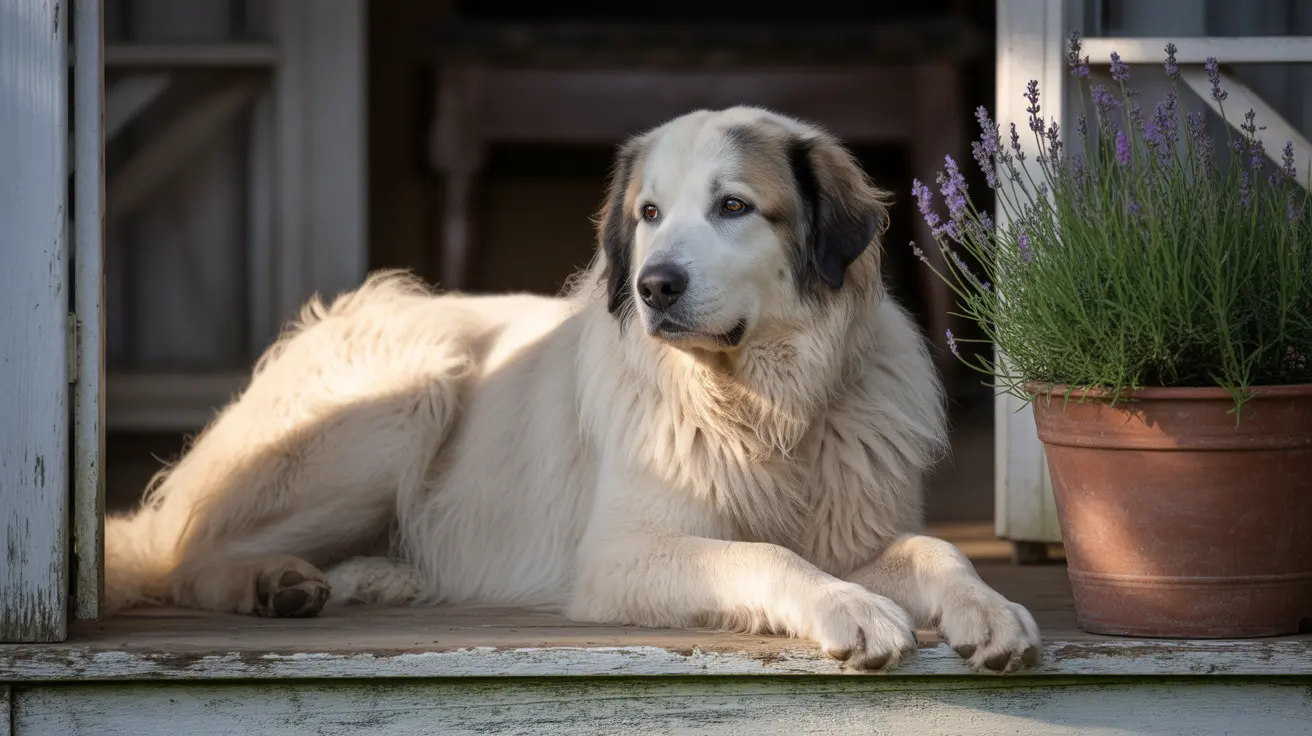When your dog ate spicy food, quick action and proper care are essential to minimize discomfort and prevent potential health complications. Dogs are much more sensitive to spicy foods than humans, and consuming these items can lead to significant digestive distress and discomfort. This comprehensive guide will help you understand what steps to take and when to seek veterinary care.
Immediate Steps After Your Dog Eats Spicy Food
The first few minutes after your dog consumes spicy food are crucial. Start by removing any remaining spicy food from your dog's reach to prevent additional consumption. Offer plenty of fresh, cool water to help soothe their mouth and dilute the capsaicin - the compound that makes food spicy.
You may also offer small amounts of plain, unflavored yogurt or milk, which can help neutralize the burning sensation. However, avoid giving large quantities of dairy products, as they might cause additional digestive issues.
Understanding Your Dog's Reaction to Spicy Foods
Dogs process spicy foods differently than humans do. Their digestive systems aren't designed to handle capsaicin, making them particularly vulnerable to its effects. Common immediate reactions include:
- Excessive drooling
- Panting
- Pawing at the face
- Whining or showing signs of distress
- Increased thirst
- Gastrointestinal upset
Monitoring and Home Care
After the initial exposure to spicy food, carefully monitor your dog for the next 24-48 hours. Watch for signs of digestive upset or unusual behavior. Provide a bland diet consisting of boiled chicken and rice to help settle their stomach and give their digestive system time to recover.
Keep track of any symptoms and their severity, as this information may be valuable if veterinary care becomes necessary. Ensure your dog has constant access to fresh water to prevent dehydration.
When Professional Care is Needed
While many cases of spicy food consumption can be managed at home, certain situations require immediate veterinary attention. Seek professional help if you notice:
- Severe or persistent vomiting
- Bloody diarrhea
- Signs of dehydration
- Lethargy or depression
- Difficulty breathing
- Severe abdominal pain
- Loss of appetite lasting more than 24 hours
Prevention and Future Safety
The best way to protect your dog from the effects of spicy foods is prevention. Keep spicy foods out of reach, inform household members and guests about the dangers, and maintain a strict policy about not feeding table scraps to your pet.
Frequently Asked Questions
What do I do if my dog ate spicy food?
Immediately provide fresh water, remove any remaining spicy food, and monitor your dog for signs of distress. You can offer small amounts of plain yogurt or milk to help neutralize the burning sensation.
Why do dogs react so badly to spicy foods?
Dogs have more sensitive digestive systems than humans and lack the ability to process capsaicin effectively. Their taste buds and digestive tracts aren't designed to handle spicy substances, making them more susceptible to irritation and discomfort.
How long do symptoms last after a dog eats spicy food?
Most symptoms typically resolve within 24-48 hours. However, if symptoms persist beyond this timeframe or worsen, consult your veterinarian.
When should I contact a vet if my dog has eaten something spicy?
Contact a vet immediately if your dog shows severe symptoms like persistent vomiting, bloody diarrhea, difficulty breathing, or signs of severe distress. Also seek help if symptoms don't improve within 48 hours.
Can dogs eat any spicy foods without getting sick, or is it always harmful?
It's best to avoid giving dogs any spicy foods. While small amounts might not cause severe problems in all cases, spicy foods can always potentially cause discomfort or illness in dogs. There's no safe amount of spicy food for dogs.






